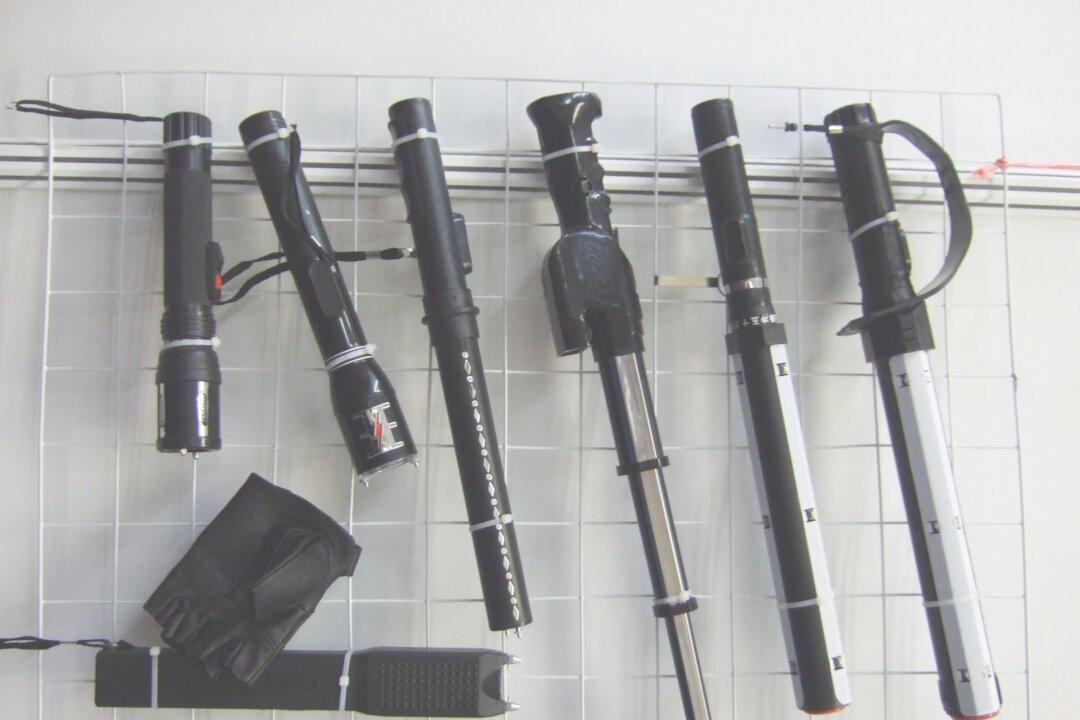Because of strict registration requirements, it’s very difficult for people from outside of Beijing to obtain a Beijing residency registration (hukou), but agencies sell them, at quite prices, and people are eager to buy them.
Illegal agencies that sell Beijing hukou have proliferated, even though their prices have risen dramatically to the current price of from 200,000 to 500,000 yuan (about $32600 to $81600), said an article in China’s state media.
Why would people put out so much money for a residency permit?
A Beijing hukou has over 80 benefits, but for purchasing a house and for education, people who have the Beijing hukou can save over 500,000 yuan (about $81,000).
Chen Feng, Master student at Renmin University of China explained to a Workers’ Daily reporter, “Without a Beijing hukou, it’s hard to buy a car and house. So people have to get a hukou some way or another.”
Some people move to Beijing for the benefit of having the Beijing hukou for their children.
“We transferred our kid’s hukou as soon as we moved to Beijing, “ explained Mrs Yang. ”Beijing residents can get into Beijing universities with lower qualifying entrance exam scores.”
The restrictions for getting a hukou are stiff. In 2010 and 2011 non-Beijing residents had to “ have a Beijing temporary residence permit, and to have paid social insurance and taxes for over 5 years,” in order to purchase car license plates and houses.
“Some people who needed a Beijing hukou in a hurry had to buy their hukou,” said Chen Xin, a Baidu employee. She told the reporter that her company has a Beijing hukou quota, but not enough of them.
In order to investigate buying a hukou, a journalist for state run Worker’s Daily pretended to be a prospective customer, contacting several “Hukou agencies” and asking for information about getting a Beijing Hukou.
One agency requested a hefty 235,000 yuan ($38,400) fee in addition to the cost of the registration.
When the journalists questioned the legality, the agency answered, “We can sign a three party agreement and guarantee your legal rights and benefits. Don’t worry. We handle everything through legal channels.”
The agency was acting as an agent for a company with excess registrations from their hukou quotas, and merely registered the customer’s name with the company.
The reported found companies which directly sell their excess household registrations to people who need them. A company manager told the journalist: “Our company does have a hukou registration service. No upfront deposit, you get the three party agreement, a recommendation letter, and an English certificate prepared. You can pay when we are done.”
Another agency offered a service which consisted of helping the customer obtain a PhD overseas, an uncomplicated way to acquire a Beijing hukou. “If you spend around 200,000 yuan ($32,600) to get a PhD, you can enjoy the benefit of the degree after graduation, and plus you get a Beijing Hukou. How simple,” a staff member explained.
Beijing Human Resources and Social Security Bureau deputy director Zhang Zude said that Beijing can not satisfy all non-resident requests because there are just not enough hukous to go around.
Lu Chen contributed translation and research.




